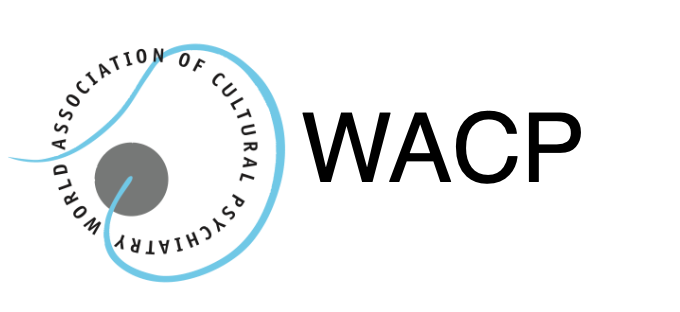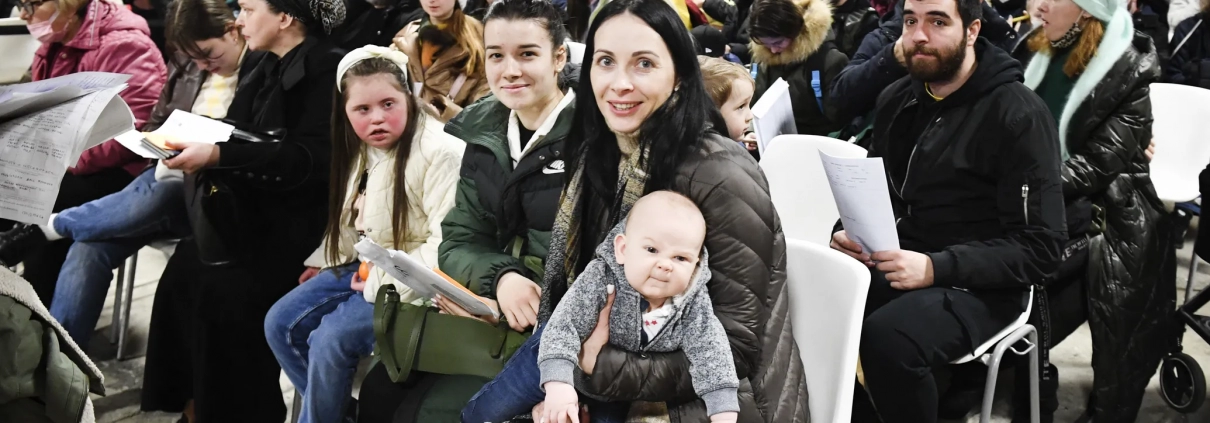Lessons learned from hosting and helping war refugees: From Bosnians to Ukrainians
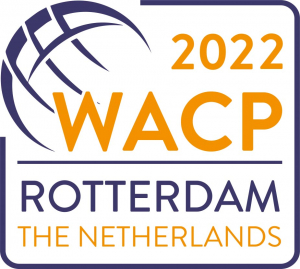
The Local Organizing Committee of the 6th World Congress of the World Association of Cultural Psychiatry (WACP2022) presents a free webinar on Thursday, May 19th, 7 PM CET. This is the third webinar in the preparation of the World Conference of Cultural Psychiatry in Rotterdam, 14-17 September 2022. See: www.wacp2022.org
The webinar will simultaneously be translated into the Ukrainian and Polish language, to ensure that clinicians who speak those languages can follow the lectures and discussion.
Due to the war in Ukraine millions of Ukrainians flee the country, mostly women and children. Many countries are hosting war refugees. Hosting war refugees from Ukraine reminds of the hosting of war refugees from Bosnia. What can we learn from hosting war refugees? What went well and what went wrong in hosting war refugees from Bosnia? What facilities or resources are most required? How does the host society need to facilitate integration of war refugees? How many developed posttraumatic stress syndrome, or other mental health problems? Do we need to take care of prevention of psychotrauma or increase accessibility to mental health care? What are the consequences of fleeing from war for family relations? What lessons do we need to learn in order to improve hosting war refugees from Ukraine?
We asked two world famous scientists-practitioners to give a brief lecture about their earlier experience, mostly with Bosnian refugees, but also with refugees from other countries.
- Stevan Weine. Lessons learnt from working with Bosnian refugees
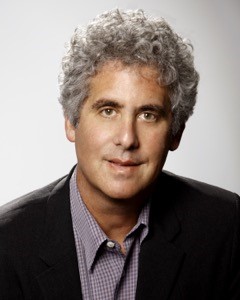
Dr. Weine is Professor of Psychiatry at the University of Illinois Chicago College of Medicine, where he also Director of Global Medicine and Director of the Center for Global Health. For 30 years he has been conducting research both with refugees and migrants in the U.S. and in post-conflict countries, focused on mental health, health, and violence prevention. This work has been supported by multiple grants from the NIMH, NICHD, DHS, NIJ, and other state, federal, and private funders, all with collaboration from community partners. This work has resulted in more than 130 publications and two books: When History is a Nightmare: Lives and Memories of Ethnic Cleansing in Bosnia-Herzegovina (Rutgers, 1999) and Testimony and Catastrophe: Narrating the Traumas of Political Violence (Northwestern, 2006).
- Julia Bala. How to prevent and treat mental health problems in families and children.
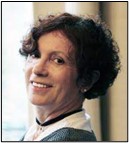
Julia Bala, Ph.D is psychologist, psychotherapist and independent consultant. Educated in former Yugoslavia and the USA, since arrival to the Netherlands in 1992, she has been specializing in diagnostics and treatment of traumatized refugee children and families. As a former staff member of Centrum 45/ARQ, National Psychotrauma Center and Pharos Foundation, she developed therapeutic interventions in relation to family consequences of trauma, participated in establishment of novel treatment and preventive programs.
Her current work, as independent consultant, focuses on the development and implementation of preventive programs for refugee parents and families. She provides training, consultation, participates in research projects and publishes on topics related to her main fields of interest: the intergenerational consequences of trauma, the influence of (forced) migration on parenting and the development of children and fostering resilience through multifamily interventions.
Date: 19th of May, 2022
Time: 19.00 till 20.30 Central European Time.
Eastern Daylight Time: 1 – 2:30 PM (New York City)
Central Daylight Time: 12 – 1:30 PM (Mexico City)
Schedule:
19.00-19.05: Short introduction by Dr. Hans Rohlof, officer of the WACP.
19.05-19.35 Lecture by Prof. Weine
19.35-20.05: Lecture by Dr. Bala
20.05-20.30: Q&A and discussion by the audience. Dr. Simon Groen, anthropologist, the Netherlands, will moderate the discussion.
Free registration: https://us02web.zoom.us/webinar/register/WN_XrYMeC2DS4SZXs3Gjt-E4A
This webinar is presented to you by the World Association of Cultural Psychiatry supported by ZonMW (Dutch Organization for Stimulating Health Research and Care Innovation)
